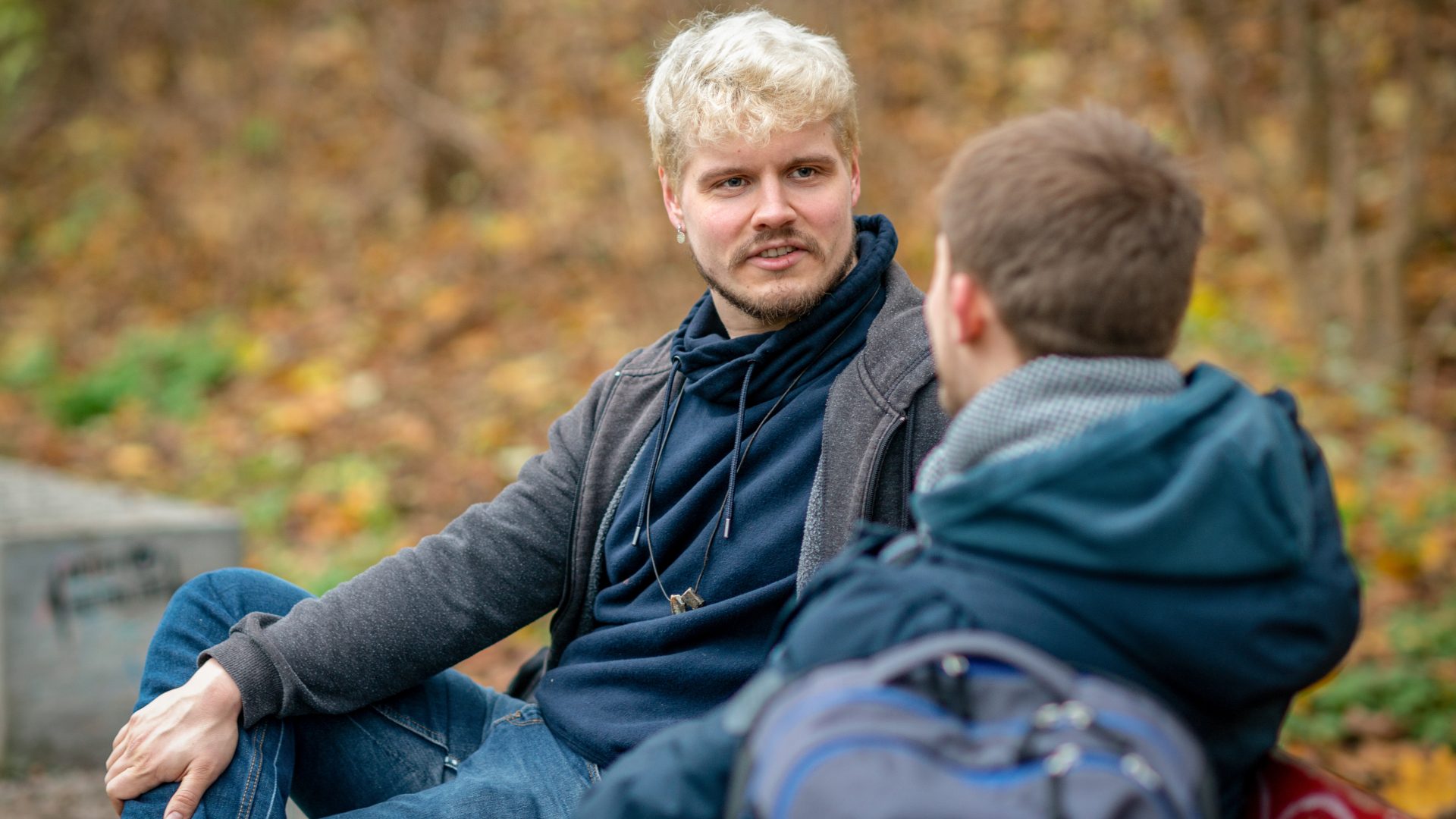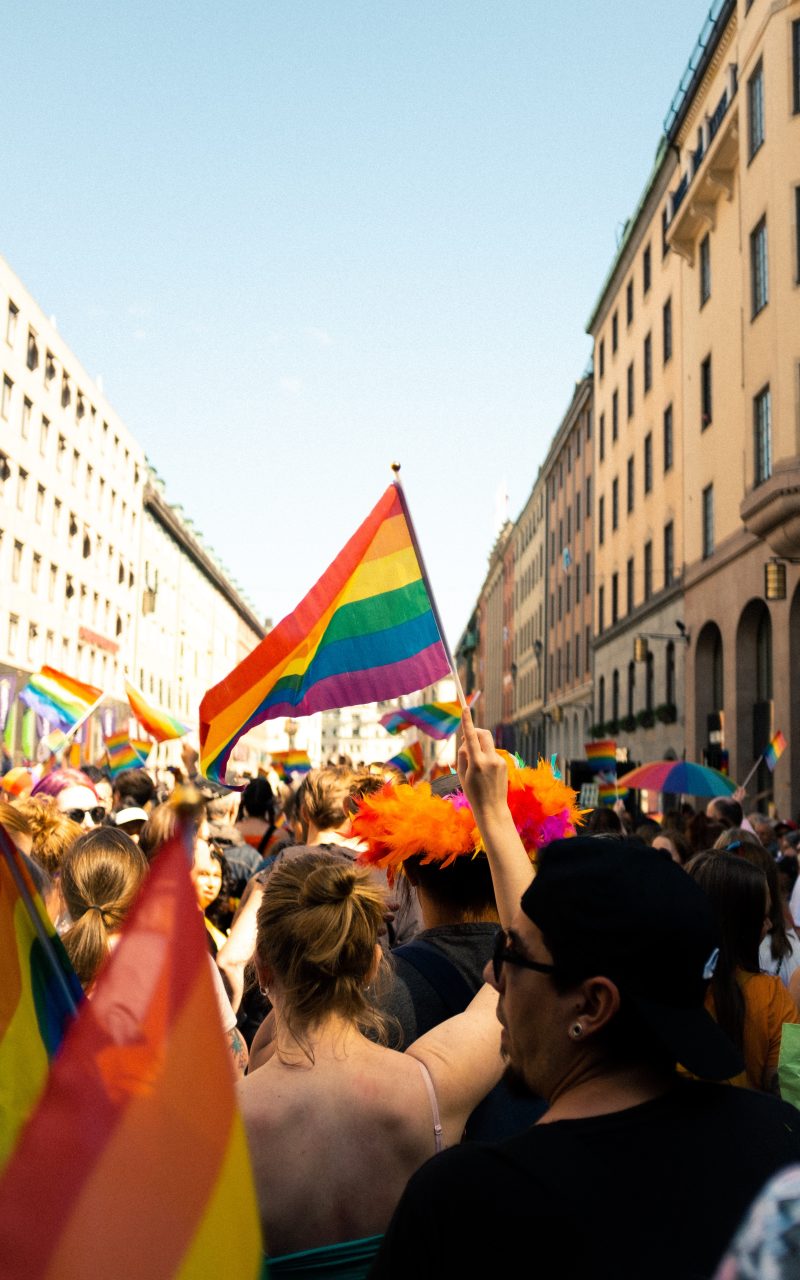It can be extremely rewarding to live openly, but coming out can also come with vulnerability.
Key things to know
You should never feel pressured to come out.
You might not feel that the time is right or you may still be trying to make sense of who you are. It’s up to you to decide who needs to know about your sexuality or gender identity.
Our team at Waverley Care are here if you want to speak to someone about your sexuality or gender identity, and can offer peer support if you are thinking of coming out.
Get in touch
Exploring your identity
Gender identity and sexual orientation can be significant parts of who we are. Many people aren’t sure of the difference between gender identity, gender expression, sex assigned at birth and sexual orientation.
- Gender Identity describes our internal understanding and experience of our own gender. Each person’s experience with their gender identity is unique and personal.
- Gender Expression describes the way in which we present ourselves, which can include physical appearance, clothing, hairstyles and behaviour. Gender expression can be different from gender identity.
- Sexual Orientation describes different forms of attraction, behaviours and identities. Some people experience attraction towards just one gender, while others can be attracted to multiple genders, or different genders of people at different times in their life.
Identity is complicated and if you aren’t sure how you identify, that’s okay. Taking time to think through how you feel can be helpful in better understanding your gender identity, gender expression and sexual orientation.
Things to consider when coming out
For some, coming out is something they look forward to embracing. For others, the fear of how people may react can make them feel vulnerable. Some people decide to only come out to themselves but not to anyone else — and that’s okay too.
One thing is for certain – the only person that should decide when and how to come out is you.
Coming out can be a gradual process which happens in stages. This might begin with a close friend or relative who you trust before going on to tell others. It’s something that you’ll find yourself doing over and over again, whether it’s meeting new friends or changing your job.
Coming out stories
Everyone’s coming out story is different, and there’s no right way to do it. Whatever your story, remember it’s yours to tell, in your own time and on your own terms. Watch more coming out stories.
Watch Andrew's coming out story.
Hate crime
All LGBTQ+ identities are protected from discrimination by law. If someone insult or attacks you because of your sexuality or gender identity, this is considered a hate crime. You can report a hate crime by contacting Police Scotland or a third-party reporting centre like Waverley Care. Find out more about reporting hate crime.
Looking for support?
If you are looking for tailored support and advice for gay, bisexual and all men who have sex with men, we're here to help. Get in touch by filling out our contact form.




